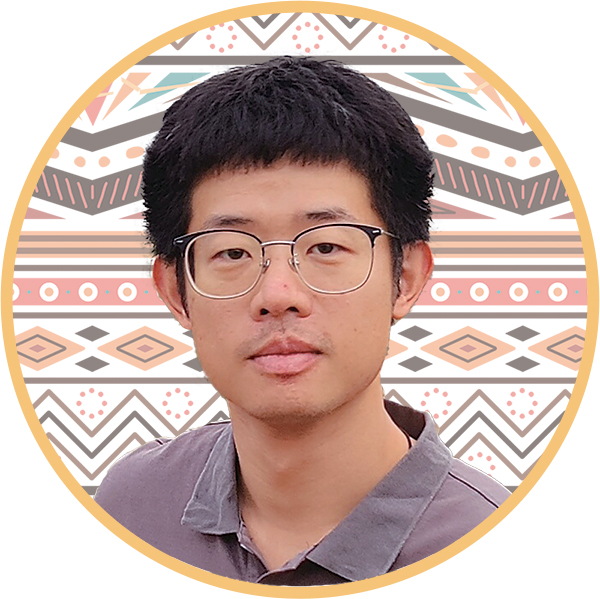Making a difference in Africa
Chinese professionals, working on diverse projects in Africa, share transformative experiences — improving infrastructure, health, and education — while fostering mutual respect and cultural exchange, shaping a brighter future for both continents, Li Xinran reports.


Small-big changes
Ye, 29, acquired her master's degree in architecture and civil engineering at Chongqing University in Southwest China. "I first learned about the United Nations and its missions when I participated in the International Civil Servant Capacity Building Project hosted by the UN Association of China in 2018," said Ye.
Later on, she completed another master's degree in international relations at IE University in Spain.
Soon after she graduated, she learned about a UNDP's program in Sao Tome and Principe, and she seized the opportunity right away.
"It was a decision that I will never regret," Ye said.
Sao Tome and Principe is the second smallest country in Africa with a population of only 230,000. "By UN definition, Sao Tome and Principe is one of the 45 least developed countries in the world," Ye said. "Local economy mainly relies on aid from other countries and international organizations and tourists from European countries."
UNDP focuses on areas such as poverty alleviation, combating AIDS, fostering social development, integrating human rights protections, and instituting women's empowerment, and Ye's daily work covers all these aspects.
"My job includes interviewing, surveying, fundraising, and executing empowerment projects," said Ye.
Ye mentioned that there is only one university in the country. "One year they even had difficulty recruiting students," she said. "And for those who were able to obtain college degrees, most of them would seek job opportunities in European countries."
In Sao Tome and Principe, Ye got to learn firsthand about the dire needs and priorities of the small country.
"I was able to see for myself that the country needs engineering projects to deal with natural disasters such as floods and storms. They also need health resources such as medical supplies and expertise," she said, adding that the Chinese medical team stationed in the country represents the highest medical standard.
Both Huang and Li agree that one of their biggest gains is learning about local culture and undergoing personal growth at the same time.
For Chinese young people considering working in African countries, they emphasize the importance of mutual respect and personal safety.
"It was an honor for me to have contributed a small part to the cultivation of friendship between China and an African country. However, each country has its own features and issues, so it's important to learn to adapt," Huang said.
Currently, Ye works for the Small Island Developing States section of the UN Educational, Scientific and Cultural Organization. Although based in Paris, she is still working to help the least developed countries.
"I absolutely believe that young people should explore the world," said Ye. "But before leaving for Africa, one should be clear about what they seek to gain from this experience and their plans afterward. Most importantly, be mentally prepared. Be prepared for the worst and hope for the best."




































